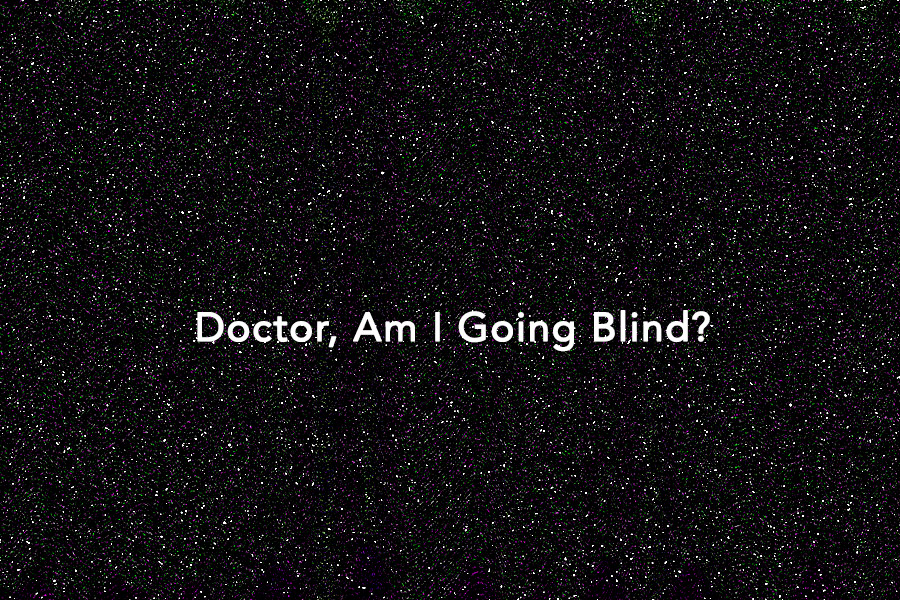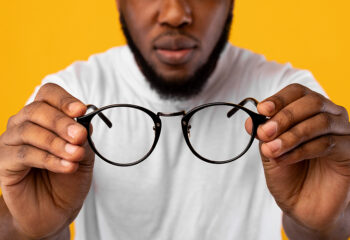To the question, “Am I going blind?,” the answer is most often, “No.”
For the great majority of patients diagnosed with disease-causing progressive vision loss, use of the word “blindness” actually does not apply. Fortunately, most patients treated for degenerative diseases retain some degree of visual function.
While the amount varies (dependent on disease type, severity, persistence, and progression), it is far more accurate to describe most cases as visual impairments and not as blindness.
Obviously, total loss of light perception is the ultimate fear. Ophthalmologists must be extremely careful in their discussions with patients to address this fear. While some diseases are severe, most can be limited.
Macular Degeneration
A frightening diagnosis always, and is the most common ocular disease in older age. Some forms are genetically inherited and present in adolescents, teens, and much younger adults. Although often described as the “leading cause of blindness in people over 65,” it is highly unlikely and extremely rare that it results in loss of light perception or blindness. Macular degeneration generally affects the central vision, leaving peripheral intact.
Progression of the disease is slow in most cases and can be well compensated. Patients are able to continue their full and productive lives, making some adjustments and utilizing magnification and speech in widely available accessible technologies. A strong mental approach coupled with a willingness to learn, are proven factors in maximizing remaining vision and enjoying life.
Diabetic Retinopathy
Diabetes-related eye disease is another common malady often associated with the reduction in normal sight. While historically unrelenting, attention to medical and ocular problems early in the course of diabetes have completely altered the potential for devastating visual loss. With current and updated treatments, visual loss can be prevented or at least limited. Often, patient cooperation and participation in treatment is the key to success for diabetics.
Glaucoma
Primarily a disease of superficial retinal loss associated with elevated pressure within the globe of the eye. The earliest patterns of visual loss from glaucoma are peripheral, not central, so a reduction of visual field can go relatively undetected by the patient. As the disease progresses, more of the peripheral field is lost, followed finally by the loss of the central areas.
Fortunately, with treatment and early recognition by a qualified professional, visual loss can be prevented or limited.
Legal Blindness
Many have heard the term “legal blindness” and automatically interpret it to mean “blindness.” Legal blindness is a government definition or statute utilized to determine qualification for disability benefits. The definition requires 20/200 vision or worse in the best eye with correction in place or visual field limitation to 20 degrees in diameter. The condition causing the vision loss must be present or expected to be present, for one year or more.
Legal blindness does not mean “no vision” and many people with this degree of vision loss live very full visual lives, albeit with a significant visual impairment. On the other hand, “blindness” is usually understood to mean “no visual perception”.
Clarification of the language associated with vision loss is critical, especially for those on the receiving end of these difficult words. Speak with your ophthalmologist. Make sure you understand your visual status and to what degree it is likely to change over time. Most of the time vision can be preserved and loss can be limited.







